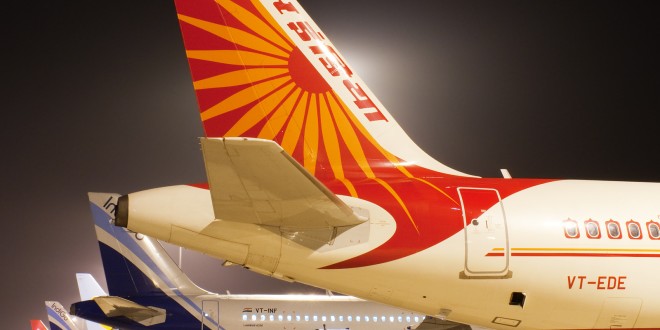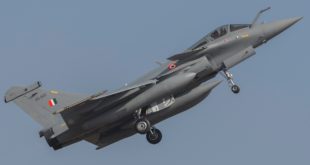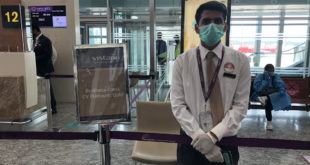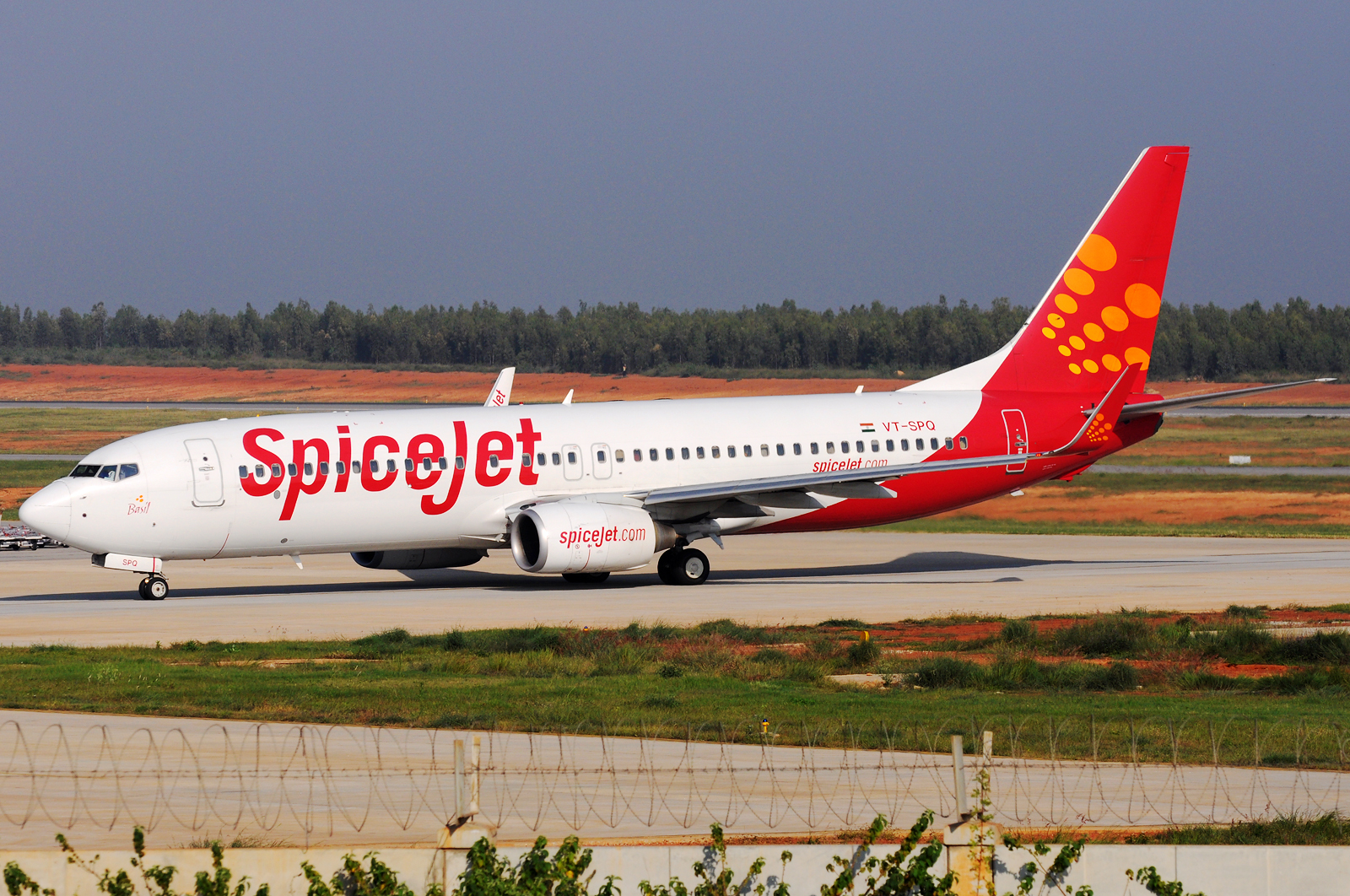One of the most regressive pieces of policy in Indian commercial aviation is the ‘5/20 rule‘ which requires Indian carriers to fly for a minimum of five years and have a fleet of 20 aircraft before they can operate overseas routes.
At a time when the Indian economy was growing, and air traffic rising exponentially, this rule held back Indian carriers from operating international routes while foreign carriers faced no such impediments when operating to India. Air India with its limited resources could not utilise the liberalised seat allocations agreed to under the revised bi-lateral air services agreements and consequently the middle-east carriers like Emirates, Etihad and Qatar Airways grew to capture almost 50% of India’s international passenger traffic.
As the latest financial results for Jet Airways, India’s largest private airline show, (read our analysis) international operations are more profitable than domestic. Domestic RASK is Rs.4.89 and CASK is Rs.5.67 a loss of 15.6% or Rs.0.78 per ASK up from Rs.0.72 per ASK from the same quarter a year earlier. International RASK is Rs.3.24 and CASK is Rs.3.30 a loss of 1.9% or Rs.0.06 per ASK.
Many analysts agree that Kingfisher Airline’s ill-fated acquisition of the heavy loss making Air Deccan, which ultimately led to its own financial implosion, was a result of efforts to circumvent the 5/20 rule. There is little doubt that the financial performance of most Indian carriers would have been a lot stronger had the 5/20 rule been scrapped.
With the advent of new entrants AirAsia India and Vistara (Tata-SIA) there was a clamour for removal of this repressive rule. As the government mulls the proposition of abolishment of the rule, the airlines are a divided lot along predictable lines. Jet Airways, IndiGo and SpiceJet who have completed the five year, 20 aircraft qualification want to maintain the status-quo, while the new entrants AirAsia India and Vistara want it completely abolished immediately. GoAir which has completed five years but has 19 aircraft in its fleet is also in favour of abolishing the rule but is not pushing too hard as it expects its 20th aircraft soon. Air India like other government owned companies is toeing the government line and refuses to take a stand.
There are merits to the arguments on both sides. How should the government be fair to the incumbents and yet eliminate this rule?
A phased elimination of the 5-20 rule would be a balanced approach. The ministry of civil aviation should immediately approve a policy that every year progressively reduces the years of experience needed by one, and the aircraft in the fleet needed by five as detailed in the table below.
| Years | Fleet | |
| Existing | 5 | 20 |
| Eff. January 1, 2015 | 3 | 15 |
| Eff. January 1, 2016 | 2 | 10 |
| Eff. January 1, 2017 | 1 | 5 |
| Eff. January 1, 2018 | 0 | 0 |
This progressive phase-out will allow the incumbents time to prepare and will incentivise the new entrants to scale up their fleet in the next two years, should they chose to make international flights a corner-stone of their business plan. A phased removal will also prevent any foreign carrier acquiring or setting up an Indian airline just to funnel traffic to its own hub, at least for the next four years. This is an adequate lead time for Indian carriers to mature and become lean mean fighting machines, at least those who are serious.
Share your thoughts about these thoughts via a comment.
Suggested reading: CAPA paper on abolishing 5/20 rule (PDF file download)
 Bangalore Aviation News, Reviews, Analysis and opinions of Indian Aviation
Bangalore Aviation News, Reviews, Analysis and opinions of Indian Aviation





Agree. Makes a lot of sense. And practical too…
Indeed Devesh ji, this makes sense. But most probably will not be taken up by the government for exactly the same reason, for making sense! ;o)
I’m of the opinion that effective Jan 1 2015 the rule should be downsized to 2 years & 5 aircraft. That way, all the start-ups get the experience to effectively manage their entire operations before they start flying International. This in my view is a fair rule that should be acceptable by the incumbent carriers. Also, it would be good to have this restriction extended to foreign carriers flying into India as well to create a level playing field.
Looks good except India should never allow 0,0. For starters you need one aircraft to start an airline. Minimum should be 1 year 3 aircraft. Keep in mind Indian aviation safety came on ICAO radar because Indian business jets were running rampant abroad. India don’t need a rerun. 1,1 will do but if it goes tech at a remote station, pax get stranded and not being an alliance member without relief aircraft will be a mess.
Yes, you are so correct. Never thought of that angle.
It is high time this regressive rule is either abolished or withdrawn in a phased manner. My guess is that the govt too realizes that this is holding back growth of Indian carriers, but the incumbents for whom the rule applied and had to wait are strongly opposed to it. This is similar to telecom licenses many years ago where the first players paid astronomical sums but newer guys had it much easier.